Is America running out of electrical power?
The nation's power grid appears to be reaching critical levels due to emerging technologies

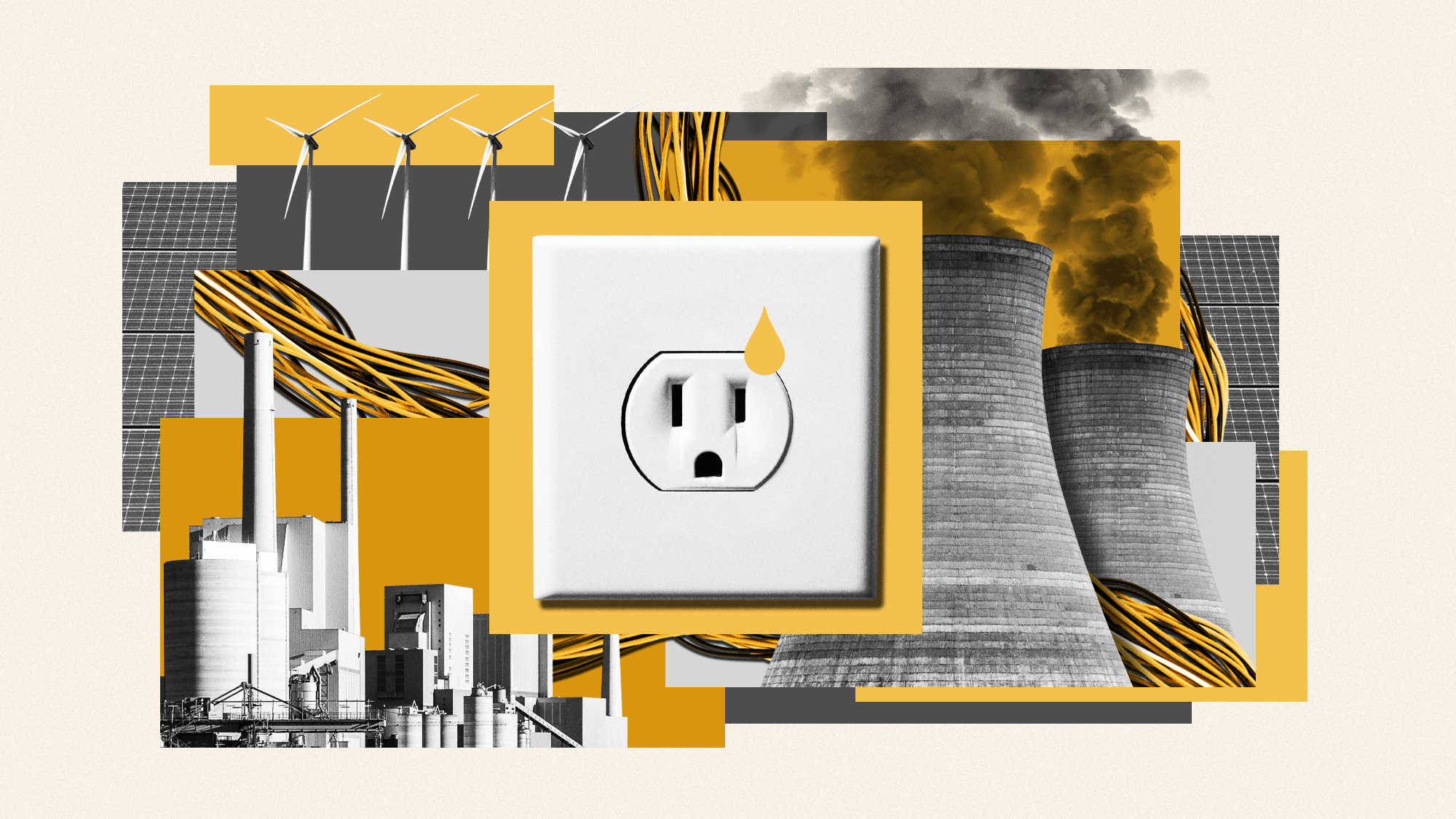
A free daily email with the biggest news stories of the day – and the best features from TheWeek.com
You are now subscribed
Your newsletter sign-up was successful
The advancement of new technologies appears to have given rise to a new problem across the United States: a crippling power shortage on the horizon. The advent of these technologies, such as eco-friendly factories and data centers, has renewed concerns that America could run out of electrical power.
These worries also come at a time when the United States' aging power grid is in desperate need of repair. Heavily publicized incidents such as the 2021 Texas power outage, which was partially blamed on crypto-farming, exposed how vulnerable the nation's power supply is, especially during emergencies. There have also been warnings from tech moguls such as Elon Musk, who has stated that the United States is primed to run out of electricity and transformers for artificial intelligence in 2025.
But the push to extend the life of the nation's power grid, while also maintaining eco-friendly sustainability, begs the question: Is the United States really at risk of going dark?
The Week
Escape your echo chamber. Get the facts behind the news, plus analysis from multiple perspectives.

Sign up for The Week's Free Newsletters
From our morning news briefing to a weekly Good News Newsletter, get the best of The Week delivered directly to your inbox.
From our morning news briefing to a weekly Good News Newsletter, get the best of The Week delivered directly to your inbox.
What did the commentators say?
The emergence of new technologies means demand is soaring for power across the country; in Georgia, "demand for industrial power is surging to record highs, with the projection of electricity use for the next decade now 17 times what it was only recently," Evan Halper said for The Washington Post. Northern Virginia "needs the equivalent of several large nuclear power plants to serve all [its] new data centers," Halper said, while Texas faces a similar problem.
This demand is resulting in a "scramble to try to squeeze more juice out of an aging power grid." At the same time, companies are "pushing commercial customers to go to extraordinary lengths to lock down energy sources, such as building their own power plants," Halper said.
Much of this relates to the "rapid innovation in artificial intelligence, which is driving the construction of large warehouses of computing infrastructure," Halper said. This infrastructure requires significantly more power than traditional data centers, with the aforementioned crypto farms also sucking up massive amounts of power.
Climate change is also hurting sustainability efforts. A recent report from the North American Electric Reliability Corporation estimated that more than 300 million people in the U.S. and Canada could face power shortages in 2024. It also found that electricity demand is rising faster now than at any time in the past five years. This is partially because the "push for the electrification of heating and transportation systems — including electric cars — is also creating new winter peaks in electricity demand," Jeremy Hsu said for New Scientist.
A free daily email with the biggest news stories of the day – and the best features from TheWeek.com
One of the main issues with these sustainability efforts is the push to move away from fossil fuels toward renewable power. Natural gas is often seen as a bridge between fossils and renewables, but this has also had unintended consequences for the power grid. The system delivering natural gas "doesn't have to meet the same reliability standards as the electric grid, and in many cases, there’s no real way to guarantee that fuel is available for the gas plants in the winter," Thomas Rutigliano of the Natural Resources Defense Council said to New Scientist.
As a result, the "North American electricity supply has become practically inseparable from the natural gas supply chain," John Moura of the North American Electric Reliability Corporation said to New Scientist. As such, a "reliable electricity supply that lowers the risk of power outages depends on implementing reliability standards for the natural gas industry moving forward," but this may be easier said than done.
What next?
When it comes to the year-round power efforts, there have been some positive signs. In 2023, the American power grid "quietly survived its most brutal summer yet," Vox said, and "despite record power demand, the grid largely avoided blackouts." This fact is "even more remarkable" when considering that "July 2023 was the hottest month on the planet since at least 1880," Vox said. However, this doesn't mean that summer blackouts in subsequent years are not on the way.
And the winter months are still telling a different story, as the problems with the power grid will likely continue as technology keeps advancing. Climate change will also continue to play a factor in crippling the power supply; Last month, at least 800,000 people in California were without power after severe flooding, winds and mudslides devastated the region, a climate trend that doesn't appear to be going away.
Justin Klawans has worked as a staff writer at The Week since 2022. He began his career covering local news before joining Newsweek as a breaking news reporter, where he wrote about politics, national and global affairs, business, crime, sports, film, television and other news. Justin has also freelanced for outlets including Collider and United Press International.
-
 How the FCC’s ‘equal time’ rule works
How the FCC’s ‘equal time’ rule worksIn the Spotlight The law is at the heart of the Colbert-CBS conflict
-
 What is the endgame in the DHS shutdown?
What is the endgame in the DHS shutdown?Today’s Big Question Democrats want to rein in ICE’s immigration crackdown
-
 ‘Poor time management isn’t just an inconvenience’
‘Poor time management isn’t just an inconvenience’Instant Opinion Opinion, comment and editorials of the day
-
 As temperatures rise, US incomes fall
As temperatures rise, US incomes fallUnder the radar Elevated temperatures are capable of affecting the entire economy
-
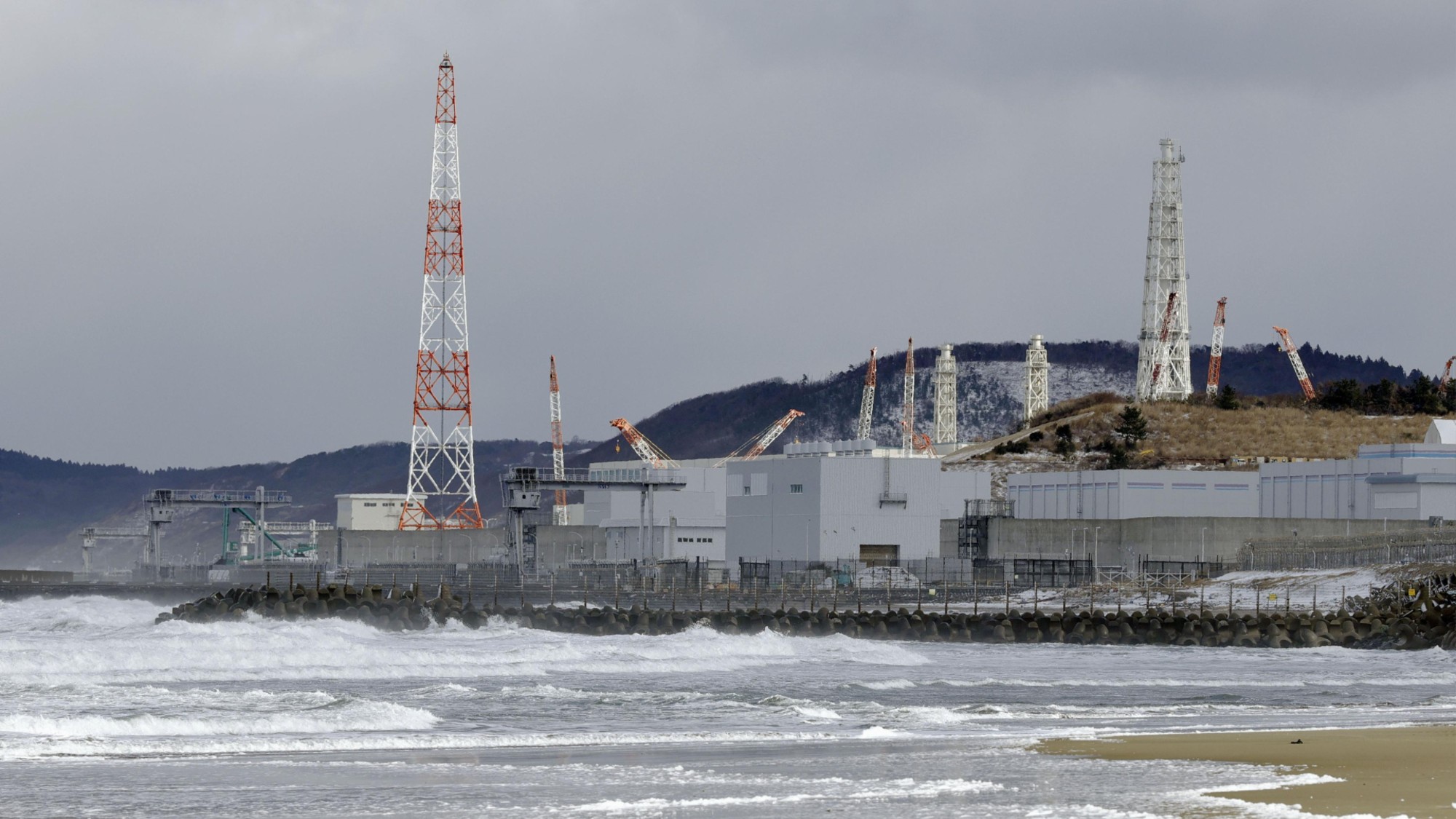 Fifteen years after Fukushima, is Japan right to restart its reactors?
Fifteen years after Fukushima, is Japan right to restart its reactors?Today’s Big Question Balancing safety fears against energy needs
-
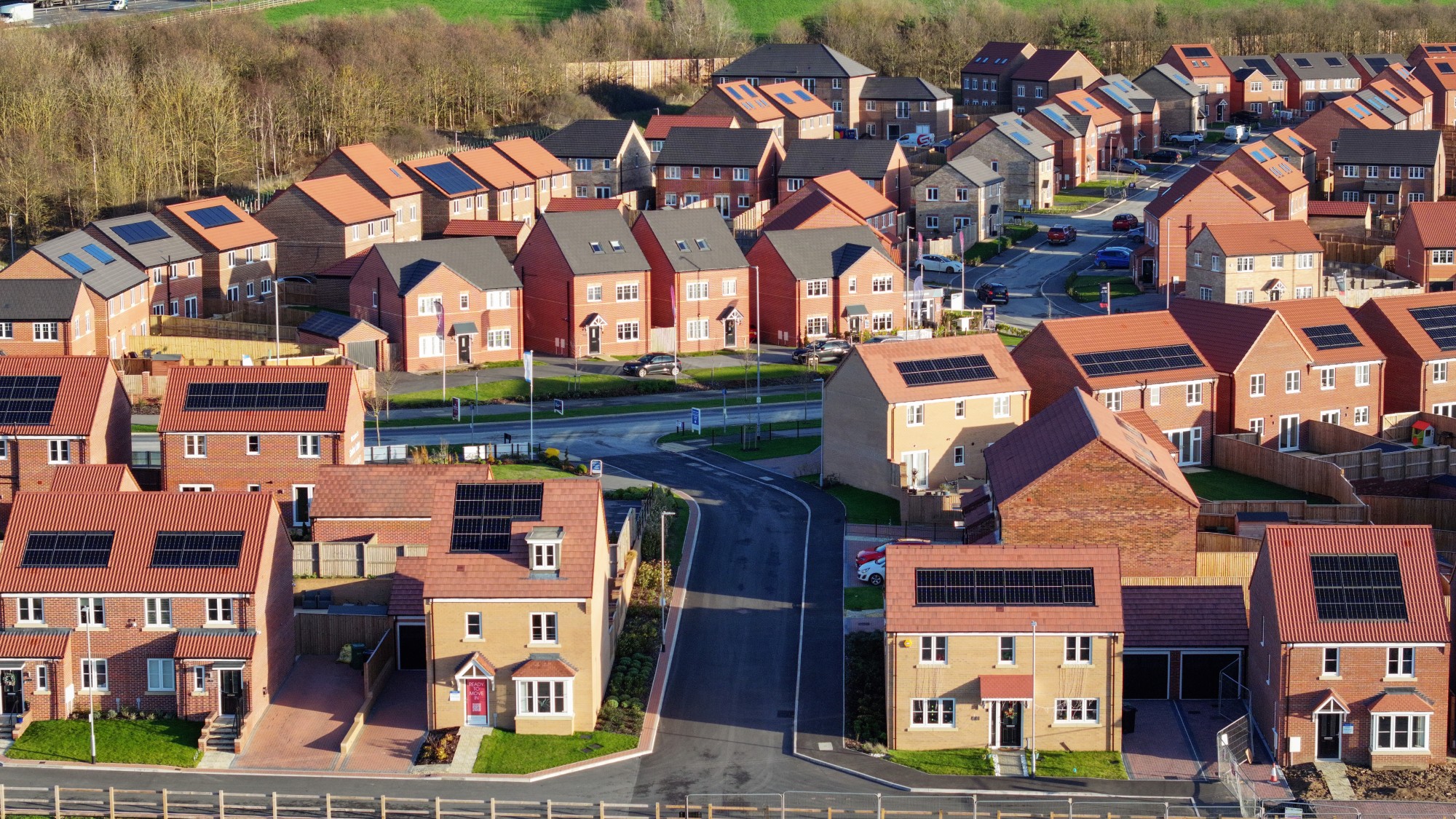 Zero-bills homes: how you could pay nothing for your energy
Zero-bills homes: how you could pay nothing for your energyThe Explainer The scheme, introduced by Octopus Energy, uses ‘bill-busting’ and ‘cutting-edge’ technology to remove energy bills altogether
-
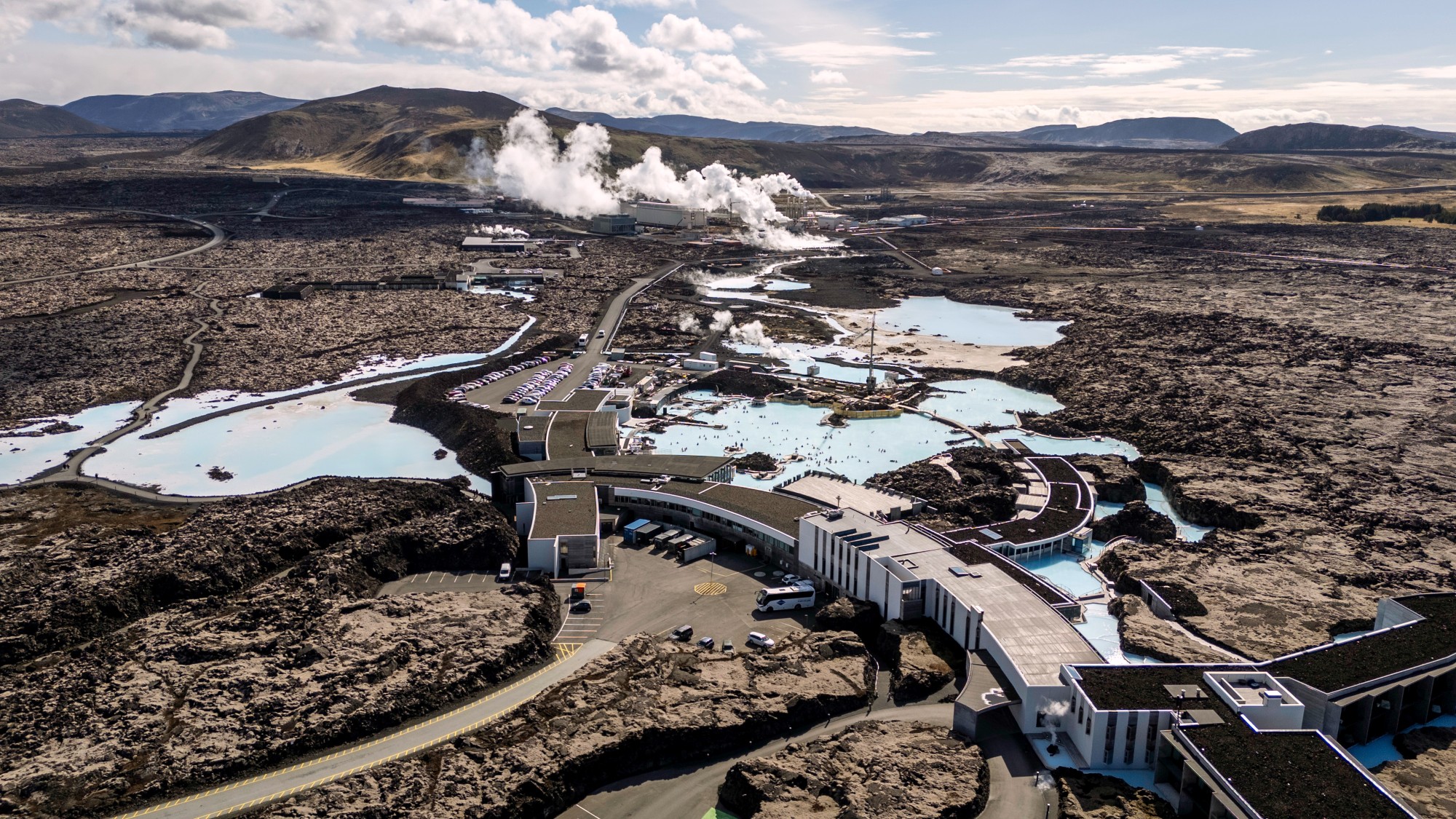 Pros and cons of geothermal energy
Pros and cons of geothermal energyPros and Cons Renewable source is environmentally friendly but it is location-specific
-
 Can the world adapt to climate change?
Can the world adapt to climate change?Today's Big Question As the world gets hotter, COP30 leaders consider resilience efforts
-
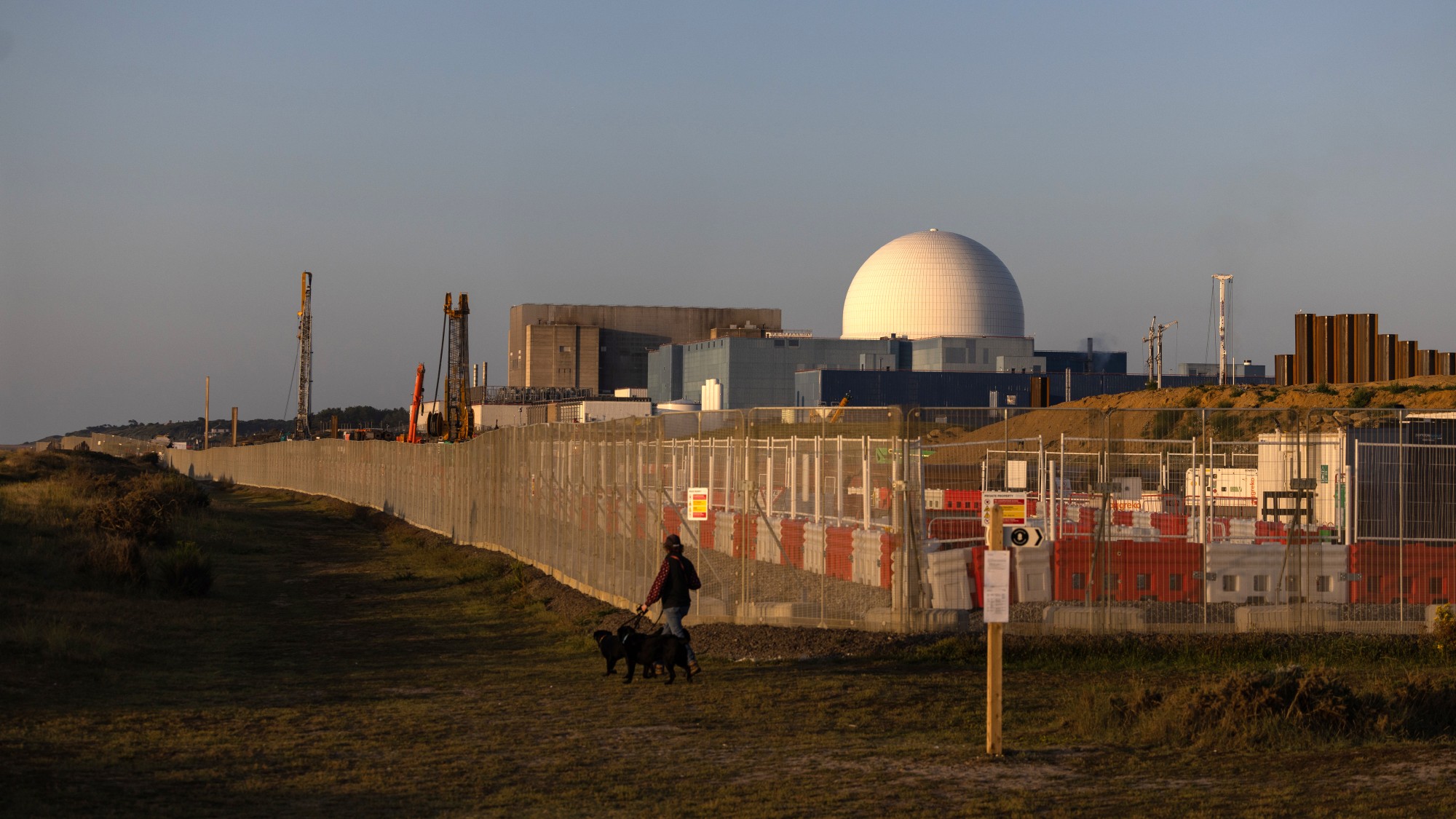 Are we entering a ‘golden age’ of nuclear power?
Are we entering a ‘golden age’ of nuclear power?The Explainer The government is promising to ‘fire up nuclear power’. Why, and how?
-
 Builders return to the stone age
Builders return to the stone ageUnder the Radar With brick building becoming ‘increasingly unsustainable’, could a reversion to stone be the future?
-
 Megabatteries are powering up clean energy
Megabatteries are powering up clean energyUnder the radar They can store and release excess energy
